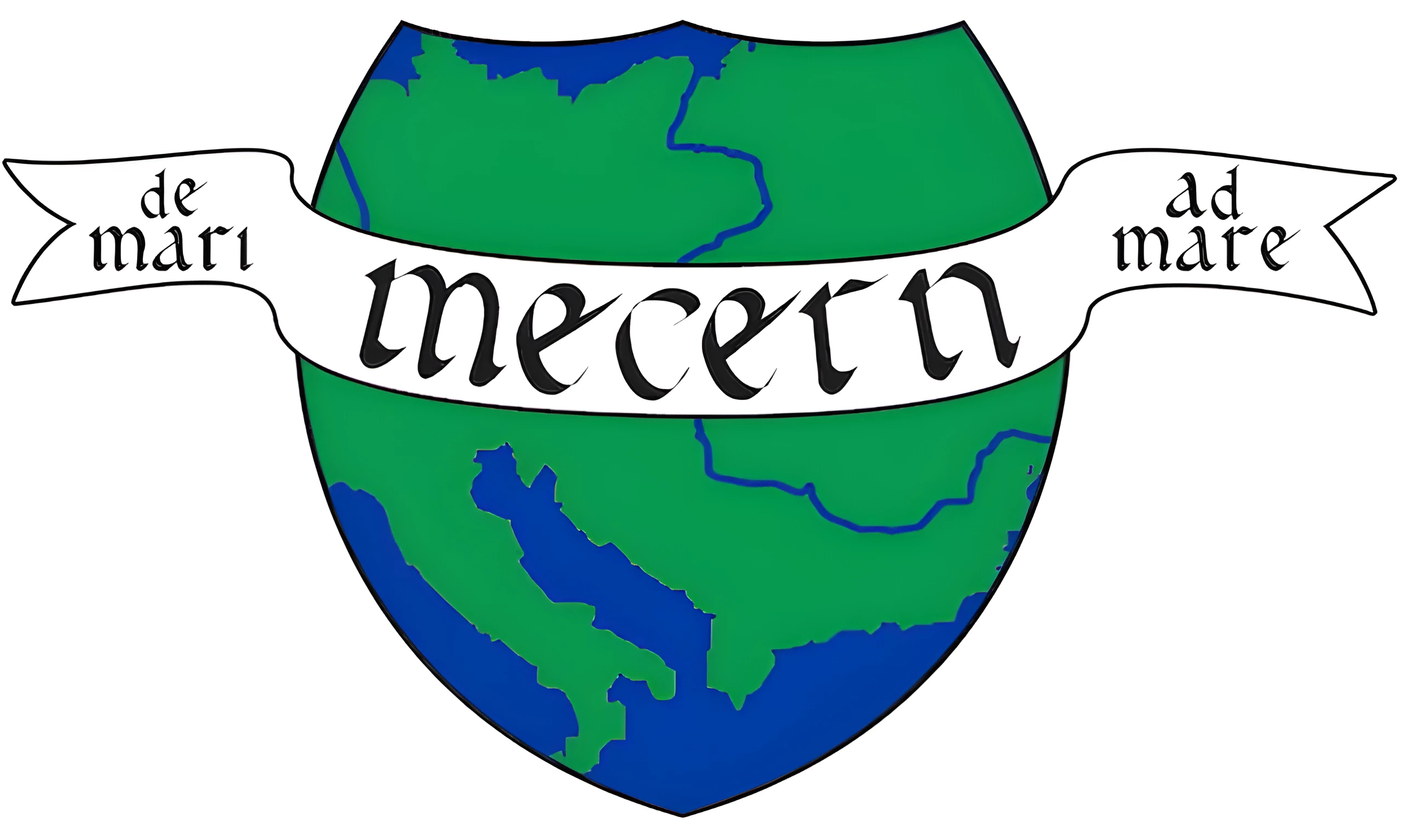About
What we do...
MECERN aims to keep its members working on any aspect of the history and culture of medieval Central Europe informed on research projects, publications, meetings, and resources. MECERN provides a platform for collaboration and presentation of research results.
In collaboration with host universities, MECERN organises biennial conferences with broadly themed agendas.
Based on the contributions to these conferences MECERN has published two thematic volumes:
- Medieval East Central Europe in a Comparative Perspective: From Frontier Zones to Lands in Focus edited by Gerhard Jaritz and Katalin Szende (London: Routledge, 2016)
- The Medieval Networks in East Central Europe: Commerce, Contacts, Communication edited by Balazs Nagy, András Vadas and Felicitas Schmieder (London: Routledge, 2018).
MECERN members are collaborating to edit the Oxford Handbook of Medieval Central Europe. The Handbook will be a research companion that will serve as the starting point for new in-depth studies of medieval Central Europe. It will contain a comprehensive and critical review of regional resources and results of modern research centred on the Kingdoms of Hungary, Poland and Bohemia and their surrounding areas (“from the Baltic to the Adriatic”) with which these kingdoms had lively interactions. The volume will include chapters on spatial organization, elites, religious practices, economic cooperation and everyday life, intellectual and artistic expressions. Edited by Daniel Ziemann (CEU) and Nada Zečević (Goldsmiths, University of London), the Handbook will be launched in 2021.
MECERN reaches out to a wider public to disseminate knowledge about medieval Central Europe. This is done through
- Organizing live or online lectures for the general public and MECERN members on issues related to medieval Central Europe
- Organizing summer schools in cooperation with MECERN members for students and junior faculty members from the region or from outside Central Europe.
- Offering short thematic certificate courses on a fee-paying basis for journalists, tour-guides, other professionals.
- Building and maintaining the joint CEU-ELTE Medieval Library which is a key asset to all researchers working in the region.
MECERN and its Networks
MECERN is a network of people interested in all aspects of the medieval and early modern world of central Europe. Through its members the MECERN network includes the history and/or medieval studies departments at research and academic institutions within central Europe and worldwide. This network of people and their institutions promotes an on-going exchange of ideas and resources, enabling effective and creative research, increasing research opportunities, while also enhancing popular interest in medieval Central Europe.
MECERN enjoys more formal and functional partnership arrangements with several institutions:
- Central European University’s (CEU) Department of Medieval Studies, where MECERN was conceived and founded, and which remains a source of inspiration to the whole network.
- CEU’s Democracy Institute (Budapest campus) which co-hosts public events in the Democracy in History section and where MECERN members are researching issues related to popular participation in public life in the medieval and early modern period.
- ELTE University in Budapest houses the joint CEU-ELTE Medieval Library which forms a significant resource to all researchers with access to Budapest.
- LMU Munich’s Department of History, which hosts and administers the MECERN website.
The MECERN Board
Our MECERN Board manages the administrative tasks at MECERN. This board is composed of high-ranking scientists from all over the world. They decide in regular committees about current processes and projects of the network. The current board members are (04.2023):
- Julia Burkhardt (University of Munich)
- Antonín Kalous (Palacký University Olomouc)
- Gábor Klaniczay (Central European University Vienna/Budapest)
- Stanislava Kuzmová (Comenius University Bratislava)
- Beata Możejko (University of Gdańsk)
- Balázs Nagy (ELTE | Central European University Vienna/Budapest)
- Christian Raffensperger (Wittenberg University)
- Katalin Szende (Central European University Vienna/Budapest), President
- Trpimir Vedriš (University of Zagreb)
- Julia Verkholantsev (University of Pennsylvania)
- Dušan Zupka (Comenius University Bratislava)
Contact us
- mecern.mail@gmail.com
- website: mecern@mg.fak09.uni-muenchen.de
